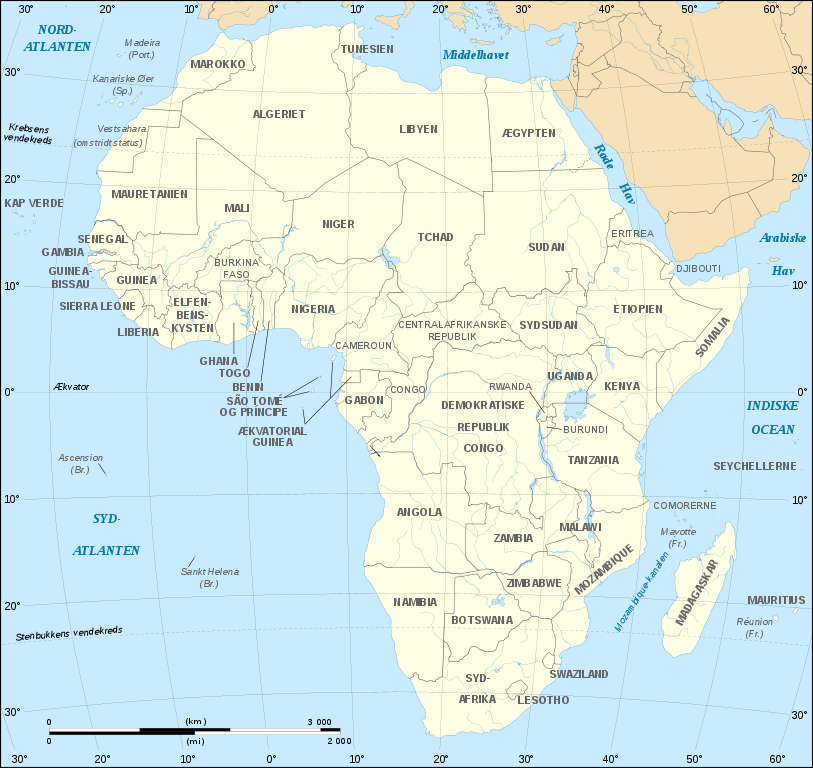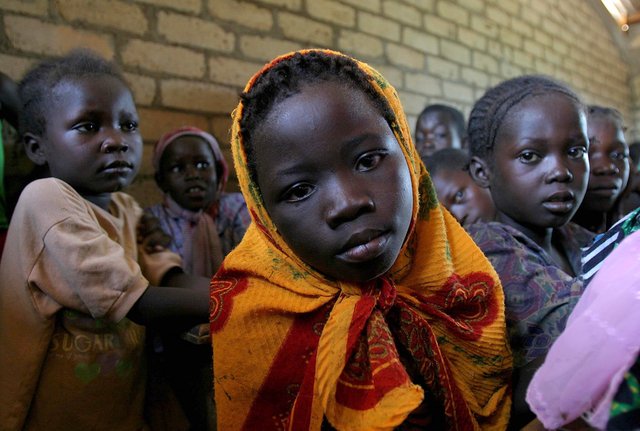AFRICA: A COUNTRY BEYOND ITSELF

The world as we know is made up of seven continents, each unique to itself and having their own patterns, traits and culture. Every nation in the world has its ties to a certain continent, and as they individually make advancements, it results in a certain influence over their continent as a unit. We have seen steady growth in certain regions of the world, even though they have all had their fair share of war and strife overtime. I will like to single out Africa as the sole theme of this piece, as a continent that can be said to have lapsed in its strides at growth.
The African culture, is one that is like no other, with diverse languages, tribes and beliefs. The typical philosophy of an average African is backed up by his culture, which has been meticulously preserved over time. We have had the Western influence come in, through religion, also painfully through slave trade and colonialism. This had several effects on us as a continent both positively and negatively, and in my opinion served us as a “cocktail-continent” to the world- a people torn between choices. Preserving our culture, and at the same time examining, and unraveling the new ideologies the white man presented to us, became our conflict. Till today, that conflict of choice has not left us, from our leadership at the country level, and even to our methods of governance.
Already working systems had to be adulterated, and modified to accommodate the methods we are applying now, and as we have evolved as a people, and flowed with the fast moving world- our traditions have significantly become only monumental. But the dilemma is this, till today we are still deciphering the methods we learnt from the white man, still grappling with its sophistication, still exploiting its weaknesses.
Democracy as a concept, is defined by the Merriam-Webster dictionary as a government by the people; especially: rule of majority. It comes with equal rights and chances, its philosophy does not demand complete subservience, and citizens are permitted to speak out when they sense they are being hard-done. Leadership in democracy comes with a reasonable amount of power and guided freedom to implement changes and alleviate problems facing a nation and its followers. In the western world, this has consistently worked for them, and people have been heard, have aspired and have achieved. Growth has been sustained, and conversations, have been carried by the people to the government through their representatives. In Africa, it has been a contrast, mostly because our method of practice is adulterated and still carries stints of our African methods of leadership; this is not completely absurd, it is just who we are.
Democracy in Africa can be branded as an exploitation of power, it can be categorized as selfish and dogmatic. This simmers to every level of leadership. A vital attribute that comes with democracy; the power to make standing decisions, has been used as a channel to promote corruption. Even the baton of leadership has not always been given to the most deserving, and most often, the people’s right at influencing who gets the mantle has been muted. Shocking is the refusal of certain leaders to vacate their respective seats, when their tenure elapses, a symptom of dictatorship, which was a major practice before the white man crossed the ocean to us.

We keep addressing the wrong issues and throwing stones at the wrong glass walls. The stagnancy we have steadily experienced over the years as a continent, has been blamed on poor leadership. But can we keep citing that fact as the only reason for our slow paced growth? Most African countries have had their independence for decades now, and have had their fair share of Leaders, with their similar poor delivery and lackluster governance.
The perplexity of this discourse, is that Africa thrived effectively with its traditional rulers and kings. The kind of governments that was presented was rigid but effective. Kings, ruled with their council of elders, and interceded to their ancestors, who they believed would talk to the gods on their behalf. The dynamics then is now obsolete and a far contrast from what we have today, but it worked. It is no news that Africa is the cradle of civilization, Africa was pure, and with a balance that was accepted by everyone. But we lost all of that when we accepted the shift (in some instances were forced to shift), and now we are grappling with a systemic deficiency. The anemia in governance is with us, this is our reality.
We have to see Africa as a country, as the resultant effects of our democracy is the same. We cannot draw out differences, with the organic level of poverty, hardship and corruption that has been with us, regardless of the leader, political party, or approach. There has possibly been the intent to implement the needed changes by a few leaders, who soon get swallowed up by the system. In Africa it is fair to say our challenges are deep rooted in our transition over the years. We have not quite forgotten our African form of leadership, and it has constantly shown itself in how we have been ruled, and how we have reacted as followers (tolerance to a fault has been our thing). We have also been futile, in our attempt at navigating through the maze called democracy, as we are still lost in the wild. Whether we keep sipping from the obvious cocktail, or examine the contents of the cup, remains a topic for debate.

Content written and edited by me @dumebi
Hi! I am a robot. I just upvoted you! I found similar content that readers might be interested in:
https://ynaija.com/opinion-africa-country-beyond/
nice one